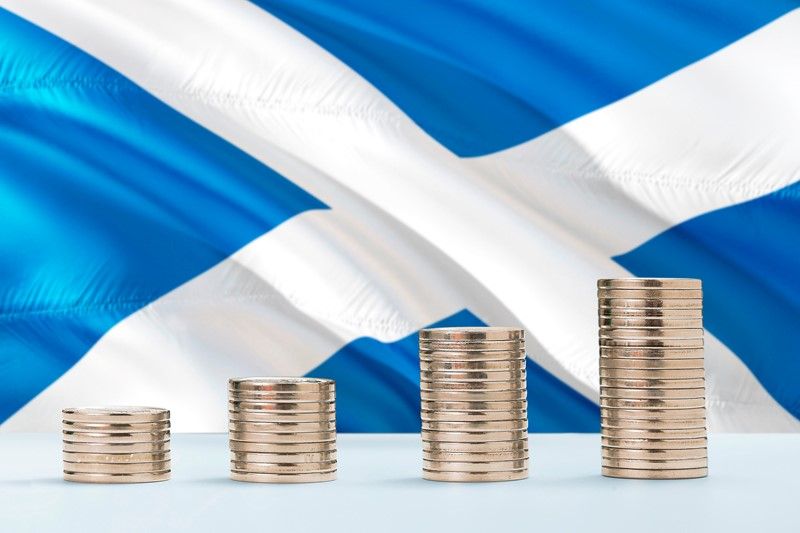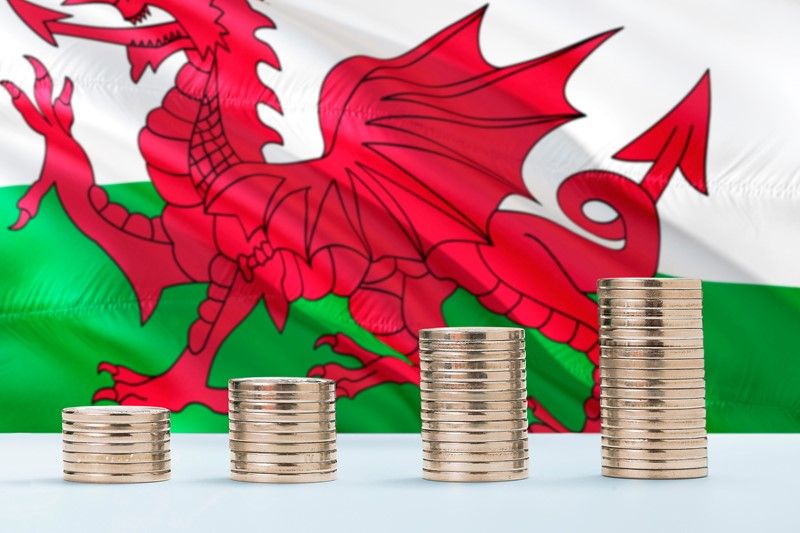Turning waste disposal into an income stream
For many businesses, waste disposal is seen purely as a cost, an unavoidable expense required to stay compliant and keep operations running smoothly. However, there is growing interest in the idea that waste, when managed differently, can become a modest but meaningful source of income rather than a drain on resources.
The starting point is recognising that much commercial waste still has value. Materials such as metals, cardboard, plastics, glass, and certain by-products can often be separated and sold for recycling. While individual returns may appear small, the cumulative effect over a year can offset disposal costs and, in some cases, generate a surplus. This is particularly relevant for manufacturing, construction, hospitality, and retail businesses where waste volumes are high.
Technology and data are also playing a role. Improved tracking of waste streams allows businesses to understand what they are throwing away, how often, and at what cost. With this information, processes can be redesigned to reduce waste at source or to segregate materials more effectively. Cleaner, well-sorted waste commands higher prices and attracts a wider range of recycling partners.
Energy recovery offers another potential income stream. Organic waste can be converted into biogas through anaerobic digestion, while some non-recyclable materials can be used in waste-to-energy facilities. Although these solutions often require collaboration with specialist providers, they can reduce landfill charges and create long-term savings or revenue-sharing opportunities.
There is also a reputational benefit. Customers, investors, and supply chain partners are increasingly focused on sustainability. Businesses that can demonstrate circular practices may find it easier to win contracts, attract investment, or justify premium pricing.
Turning waste into income is unlikely to replace core trading profits. However, with careful planning and realistic expectations, it can reduce costs, support environmental goals, and create incremental value. In a tighter economic climate, even small efficiency gains can make a noticeable difference to overall business performance.




